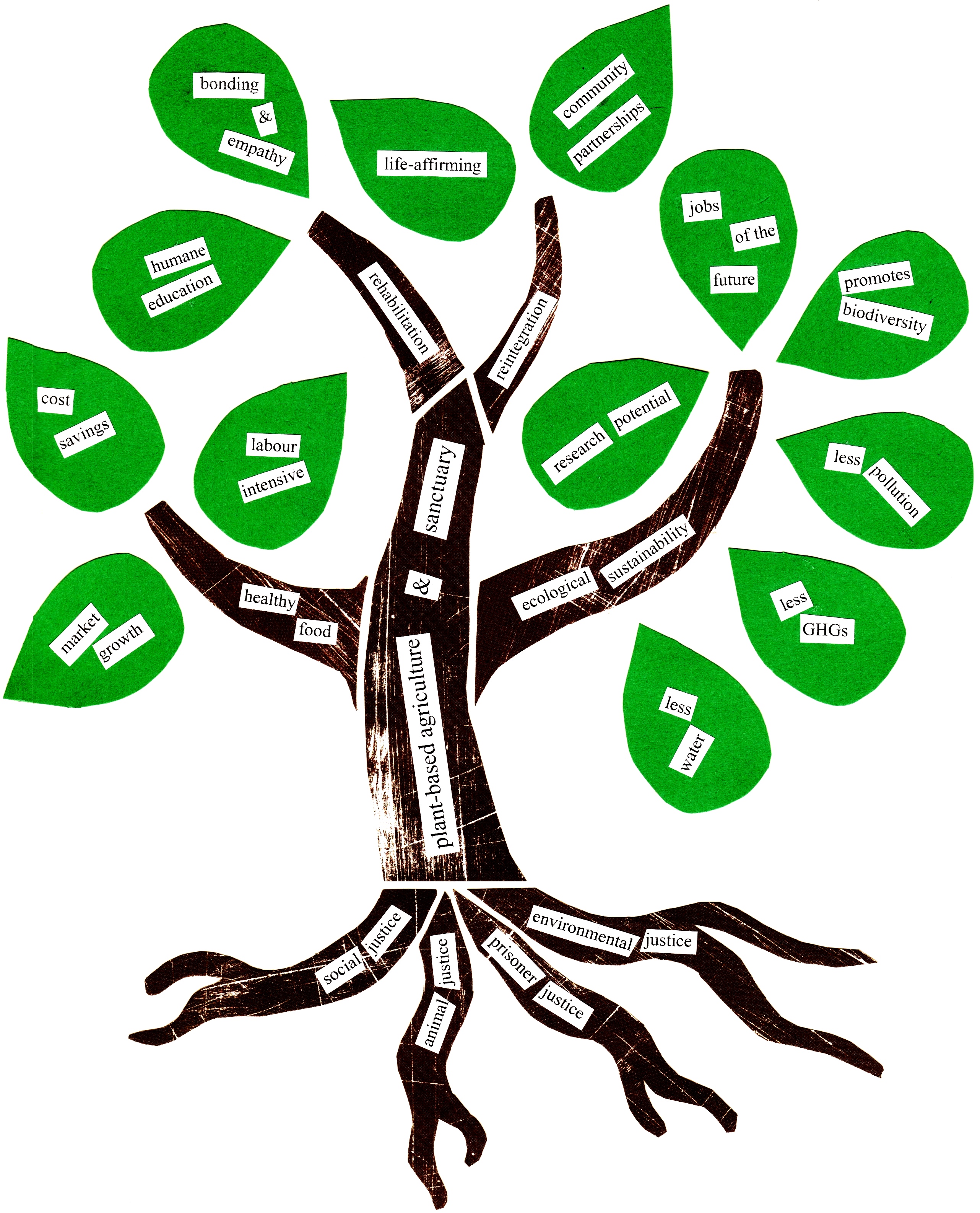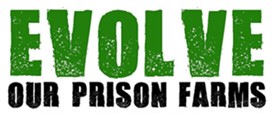Our Mission: Ethical Prison Farms
We’re investigating Canada’s investment in commercial-industrial prison farms.
We’re documenting the decision-making and implementation process.
We’re exposing conflicts of interest, overspending, mismanagement, violations.
We’re opposing the exploitation of incarcerated persons for industry interests.
We’re advocating alternative ethical prison farm models.
A BRIEF HISTORY
In 2009-2011, Canada’s prison farms were dismantled. The Correctional Service of Canada said prison farms “did not reflect labour market demands of today and of the future.”
In 2016, Prime Minister Trudeau committed to restore prison farms in Kingston Ontario. The Correctional Service of Canada said prison farms will “build essential skills for employment.”
In 2018, the federal government allocated $4.3 million over five years for full implementation of a goats-only operation. The decision was later amended to include a commercial cow dairy operation as well.
The former prison farms fed prisons. The new prison farms, mandated to be implemented 2018-2023, focus on commercial milk production. Prisoners will factory farm 2200 goats to supply infant formula for the Chinese market. While the goat farm has been delayed by multiple failed procurement attempts, a small herd of cows has been added to be milked under research quota, with the milk to be sold commercially to the Dairy Farmers of Ontario.
By 2023, cost of implementation reached $20.9 million in direct spending, plus millions more in procurement and consultancy fees. Due to complications, no dairy operations were achieved within the mandated five year implementation timeframe.
Since 2016, Evolve has proposed ethical prison farm models. Since 2018, Evolve has opposed the new commercial-industrial prison farm model.
In January 2021, Evolve published the academic report “Canada’s proposed prison farm program: Why it won’t work and what would work better” exposing details of the prison farm plan and flagging potential harmful impacts on prisoners, staff, and surrounding communities.
In March 2021, the Correctional Service of Canada announced the “temporary pause” of its industrial goat farm. CSC maintains that the goat program “will resume” once the financial impacts of COVID-19 are fully assessed.
In 2022, CSC quietly commenced construction of a manure lagoon and dairy facility infrastructure at Joyceville Institution under a $10.5 million contract. The construction is scheduled for completion in 2024.
Message from our Founder (2017)
Message from David Suzuki (2019)
Examples of successful programs:
Sheriff’s Office Animal Farm provides a haven for animals where inmates are taught how to care for and care about animals in the hopes they will carry that lesson on in their lives once they are released from jail.
Prisoners in the UK care for goats as part of NHS animal therapy sessions to teach them to “take responsibility for others” and to promote “positive social activity”.
Organic gardening at HMP Rye Hill in England “helps inmates kick drug addiction” and “creates a space that is beautiful, peaceful, and conducive to reflection.”
Pê Sâkâstêw Healing Lodge in Alberta produces thousands of kilograms of vegetables grown and harvested by inmates for the local food bank to help “break that cycle of poverty.”
Planting Justice is a grassroots organization with a mission to empower people impacted by mass incarceration with the skills and resources to cultivate food sovereignty, economic justice, and community healing.
Farm and Rehabilitation Meals (FARM) is a project that hires inmates as farmers, teaches them sustainable agriculture practices and puts produce on inmates’ cafeteria tables.

